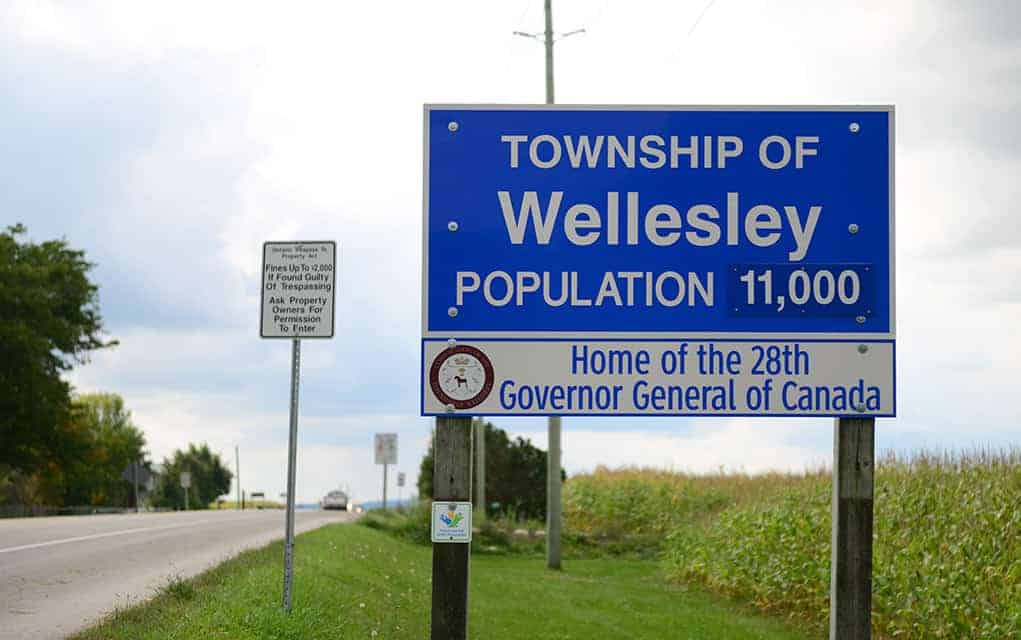;
;
;
Next Article
Elementary teachers stepping up work-to-rule tactics

Wellesley council didn’t give much direction to township staff on Tuesday night when discussing the 2016 budget, except to say don’t decrease services and keep expenses to a minimum. “What we’re looking for this year is a target. We’ve been seeing a lot of stuff in the paper lately about where other
Last updated on May 04, 23
Posted on Sep 25, 15
3 min read
